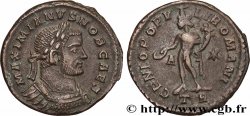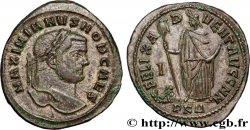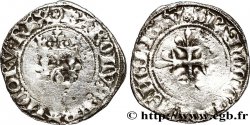brm_339004 - GALERIUS Follis ou nummus
Not available.
Item sold on our e-shop (2021)
Price : 150.00 €
Item sold on our e-shop (2021)
Price : 150.00 €
Type : Follis ou nummus
Date: 300
Mint name / Town : Siscia
Metal : billon
Diameter : 27,5 mm
Orientation dies : 11 h.
Weight : 9,29 g.
Officine: 2e
Coments on the condition:
Exemplaire de qualité exceptionnelle sur un flan ovale bien centré des deux côtés avec les grènetis visibles. Belle tête de Galère. Revers de haut relief et de style fin. Patine gris foncé avec des reflets métalliques dorés. Conserve l’intégralité de son brillant de frappe et de son coupant d’origine
Predigree :
Cet exemplaire provient de la vente Rauch du 17 septembre 2009, n° 1272 et de la collection du Professeur M. Caselli
Obverse
Obverse legend : MAXIMIANVS NOB CAES.
Obverse description : Tête laurée de Galère César à droite (O*).
Obverse translation : "Maximianus Nobilissimus Caesar", (Maximien très noble César).
Reverse
Reverse legend : SACRA MONET AVGG ET CAESS NOSTR/ *|B// SIS.
Reverse description : Moneta (la Monnaie) debout à gauche, tenant une balance de la main droite et une corne d'abondance de la gauche.
Reverse translation : "Sacra Moneta Augustorum et Caesarum Nostrorum", (La Monnaie Sacrée de nos Augustes et de nos Césars).
Commentary
Avec l’intégralité de son argenture superficielle. Rubans de type 2 aux extrémités bouletées.
With all of its surface silvering. Type 2 ribbons with pelleted ends
With all of its surface silvering. Type 2 ribbons with pelleted ends







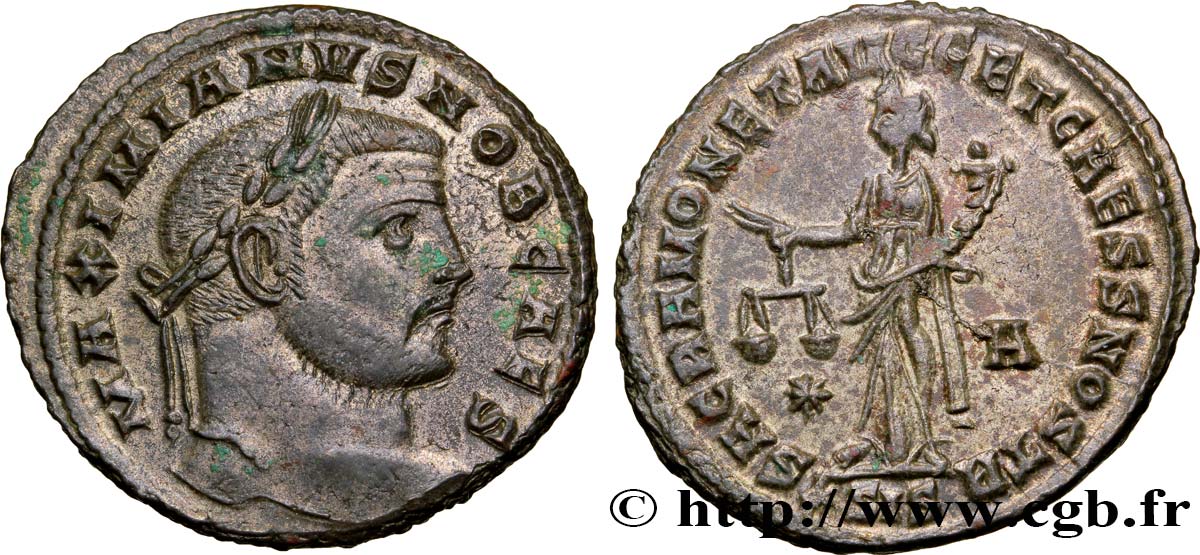
 Report a mistake
Report a mistake Print the page
Print the page Share my selection
Share my selection Ask a question
Ask a question Consign / sell
Consign / sell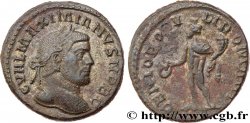
 Full data
Full data
